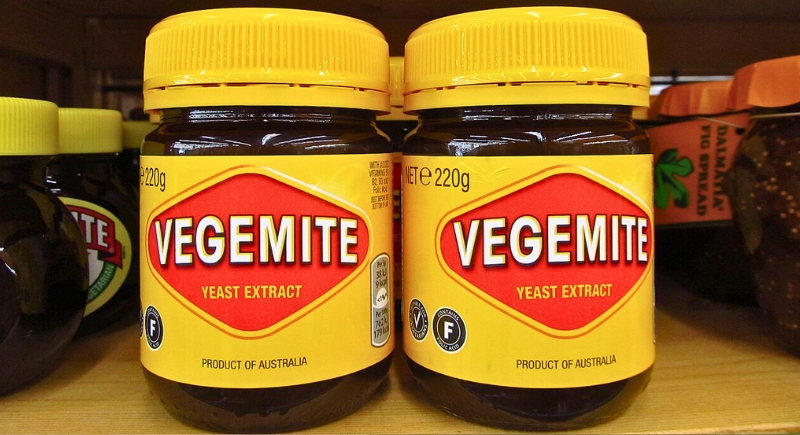Australian Murderer Sues for the Right to Eat Vegemite in Prison
Andre McKechnie, a convicted murderer serving a life sentence, has become an unexpected headline maker by suing for the right to eat Vegemite behind bars. Andre says the long-running ban in the state of Victoria keeps him from enjoying his culture as an Australian and even claims that the lack of the salty spread hurts his well-being. It may sound wild at first glance, but the case is real and is heading to trial next year.
Vegemite has been off limits in Victoria prisons since 2006. Officials say inmates have used the pungent smell to hide drugs from detection dogs. They also point to the yeast content, saying it can be used to brew alcohol. The restriction covers all 12 prisons in the state.
Andre argues that more than 80% of households in Australia have a jar in the kitchen and that keeping it from inmates ignores cultural rights under the Charter of Human Rights and Responsibilities Act. He wants a judge to rule that the ban was not made lawfully and needs to be reconsidered.
A Spread With Strong Feelings

Image via Wikimedia Commons/Willis Lam
Vegemite has always been a conversation starter. It was created in Australia in 1923 as an alternative to Marmite and was once advertised as a source of vitamin B for growing children. Many people love it, often on toast or with cheese, but a significant number of visitors never warm up to the taste. Even former President Barack Obama famously called it horrible during a trip.
The hit song Down Under from Men at Work carried Australia’s culture to global audiences, although the band’s singer laughed that Americans usually pile on far too much Vegemite. The spread even made headlines earlier this year when a Toronto café owner was told to stop selling it because the jars didn’t meet local import rules.
The story was quickly labeled Vegemite gate. The Australian Prime Minister, Anthony Albanese, stepped in and said it was strange that Canada allowed Marmite while blocking Vegemite. Canadian officials later backed off, and the cafe continued to sell it.
The Crime and the Criticism
Andre was 23 when he stabbed Gold Coast property developer Otto Kuhne to death in Queensland in 1994. He was given a life sentence and later transferred to Victoria. He spent eight years on parole but said he chose to return to prison because the outside world was worse for him. Now held in maximum security at Port Phillip Prison, he has sparked a debate that extends far beyond toast toppings.
Victims’ advocates are upset at the lawsuit. John Herron, whose daughter Courtney was killed in 2019, called it offensive and said families feel ignored. He argued that inmates already get more attention than those who lost loved ones.
Other states handle the spread differently. Queensland also bans it. New South Wales allows it. The rest have not made their positions clear. That patchwork adds to the interest. The case could influence other jurisdictions if a judge rules in Andre’s favor, or it could shut down similar claims for good.